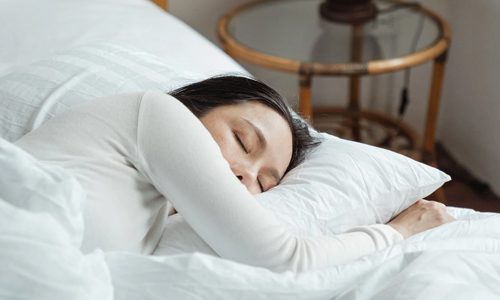People enjoy sleeping extra time on weekend mornings and holidays which is totally fine. However, some experience extreme problems rising from bed or dissatisfied sleep. These feelings and desires are termed dysania.
What is Dysania?
It is not a recognized medical disorder. It is closely associated with clinomania, which is an obsession with or profound desire for staying in bed. Check more about dysania risk and treatment.
Symptoms of Dysania
- Overwhelming need to stay in bed
- Excessive daytime sleepiness
- Depression that causes sadness, fatigue
- Desire to go back to sleep even after waking up
- Heart-related problems can make you more tired than usual
Causes of Dysania
- Underlying health conditions such as chronic fatigue syndrome, thyroid issues, anemia, anxiety, depression, or bipolar disorder
- Sleep deprivation
- Sleep disorders such as sleep apnea.
Dysania Risk
Untreated dysania can result in mental disorders and other related issues if proper treatment is not provided. Low activity and too much sleep can also be a bad routine in human life. The required amount of sleep for an adult is 6 to 8 hours per night. People who sleep more than ten hours are more likely to have psychiatric illnesses and a higher body mass index (BMI).
According to the researchers sleeping more than the recommended time end up in a high risk of heart disease, and stroke which was published in a 2018 paper published in the European Heart Journal.
Ways to Manage
- Following a planned schedule can be an easy solution. Go to bed and wake up at a regular time to control your body clock.
- Regular exercise can boost your energy and keep you active without sleepiness.
- Reduce or avoid overconsumption of caffeine, alcohol, and nicotine. These can interrupt your mind and disturb your sleeping cycle.
- Excessive use of electronic devices before bedtime can interfere with your sleep and make it more challenging to wake up in the morning.
- Your sleep environment, including factors like light exposure and noise, can affect the quality of your sleep and your ability to wake up refreshed.
- Certain medical conditions or medications could influence your ability to wake up easily. If you have concerns about your physical health, it’s advisable to consult a healthcare professional.
Bottom Line
If you or someone you know is consistently experiencing extreme difficulty in waking up and starting the day, it’s important to consult with a healthcare professional to identify and address the underlying causes.



















